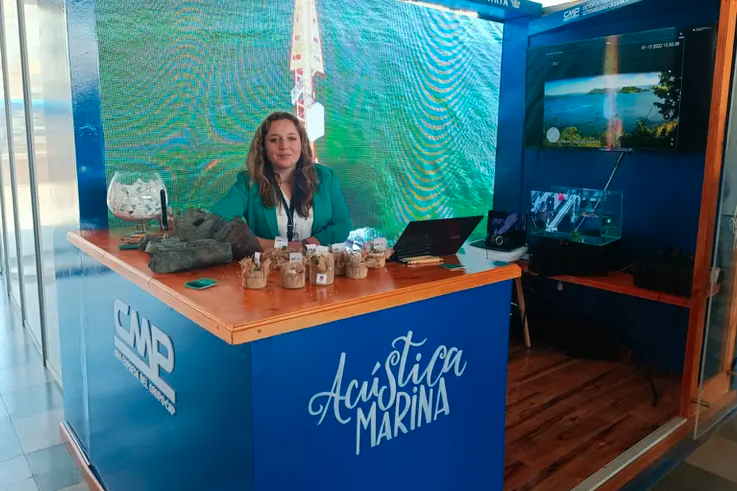In an interview with the media outlet Qué Pasa, our Executive Director shares her experience as a Marine Biologist, our technology, and the importance of creating ocean culture in Chile, among other topics.


In this new “Women of the Sea” interview, we learned more about her journey, motivations, and challenges in leading a company that develops technological solutions for environmental issues.
Any type of pollution—whether on land, in the atmosphere, or in water—should concern us because it disrupts ecosystems. Regarding acoustic pollution in the ocean, it is particularly alarming because it masks the biological sounds that many species rely on for communication. Cetaceans, one of the most studied groups in this regard, are heavily affected, but smaller marine fauna, such as invertebrates, also suffer.
If marine life is unhealthy, the health of our seas and oceans is at risk, which in turn threatens our own well-being in the medium and long term. We must remember the essential role these bodies of water play in our planet’s sustainability.
Measuring sound pressure levels allows us to establish regulatory frameworks that define how much acoustic energy human-made sources can emit and what levels are tolerable. This highlights the importance of a globally traceable data monitoring system, using calibrated equipment to ensure accurate measurements.
Additionally, making these data open and accessible is crucial for researchers, regulators, and other stakeholders. This is the present and future we are moving toward. Our approach is to work with cutting-edge technology that enables real-time data analysis while adhering to international traceability standards.